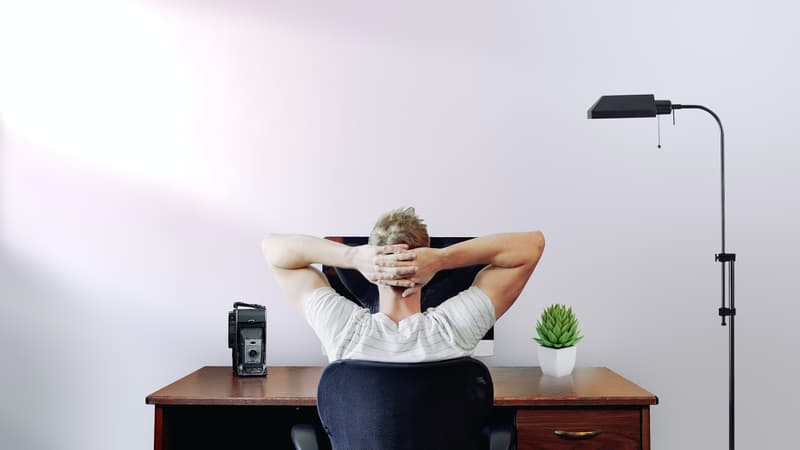This is a fundamental trend that was already anticipated during the coronavirus pandemic. And it is then confirmed that the “return to normality” has already been underway for several months. The relationship of the French people with work has changed. The Ifop survey institute had already mentioned it in a first note for the Jean-Jaurès Foundation entitled “Nothing will ever be the same in your working life” this summer. He reiterates this observation in a new survey called “I love you, neither do I: the two ambivalences of the new relationship with work.”
The evolution of the last three decades is quite suggestive since only one employee in five considers that work is “very important” compared to 60% in 1990. “We are not saying that people are lazy, but that work must adapt to she”. and not the other way around”, explains Romain Bendavid, director of Corporate Experience and Work Experience at the Survey Institute, to L’Opinion.
Climate of anxiety in the labor market
Other data, from much shorter periods, show the magnitude of this structural change. Just 15 years ago, almost two out of three French people agreed to have less free time in exchange for more income. By 2022, the ratio has completely reversed, so they are now twice as likely to prefer more free time, even if it means making less money.
“More individualistic societal behaviors (…) in turn generate less attachment to structures such as work that require an effort to adapt to a group,” indicates the note by Romain Bendavid, co-written with Flora Baumlin, Director of Corporate Studies and Work Experience. in Ifop.
According to the two authors, this different relationship with work is explained by a labor market that has seen the appearance and persistence of mass unemployment.
So much so that the figure of the self-employed worker is gaining popularity, as already demonstrated by a previous Ifop barometer for Freelance.com from the end of 2021. In it, almost three out of four interviewees had a good opinion of the self-employed and a quarter of young executives were interested in this status.
The silent resignation would rather be the desire to separate professional life from personal.
Another notable change is that corporate spirit is losing ground. Between 2005 and 2022, the proportion of employees who say they are not proud to belong to their company has almost doubled. A trend that can be explained in particular by the many scandals that have tarnished the reputation of many large groups and the free speech movement about questionable management methods in various companies.
On the other hand, this increasing distance between French employees and work is not synonymous with less investment in their tasks. According to the results of an Ifop survey, 77% say they generally do more than expected, with a slightly higher proportion of employees feeling their managers don’t notice.
One in five employees say they do what is expected of them without investing too much, a similar proportion to those who practice silent resignation or “silent resignation.” “This phenomenon could then be understood not as a ‘relinquishment’ of investment in one’s own work, but rather as the fact of closing the door to work once the professional day is over”, relativize Floran Baumlin and Romain Bendavid.
Source: BFM TV


